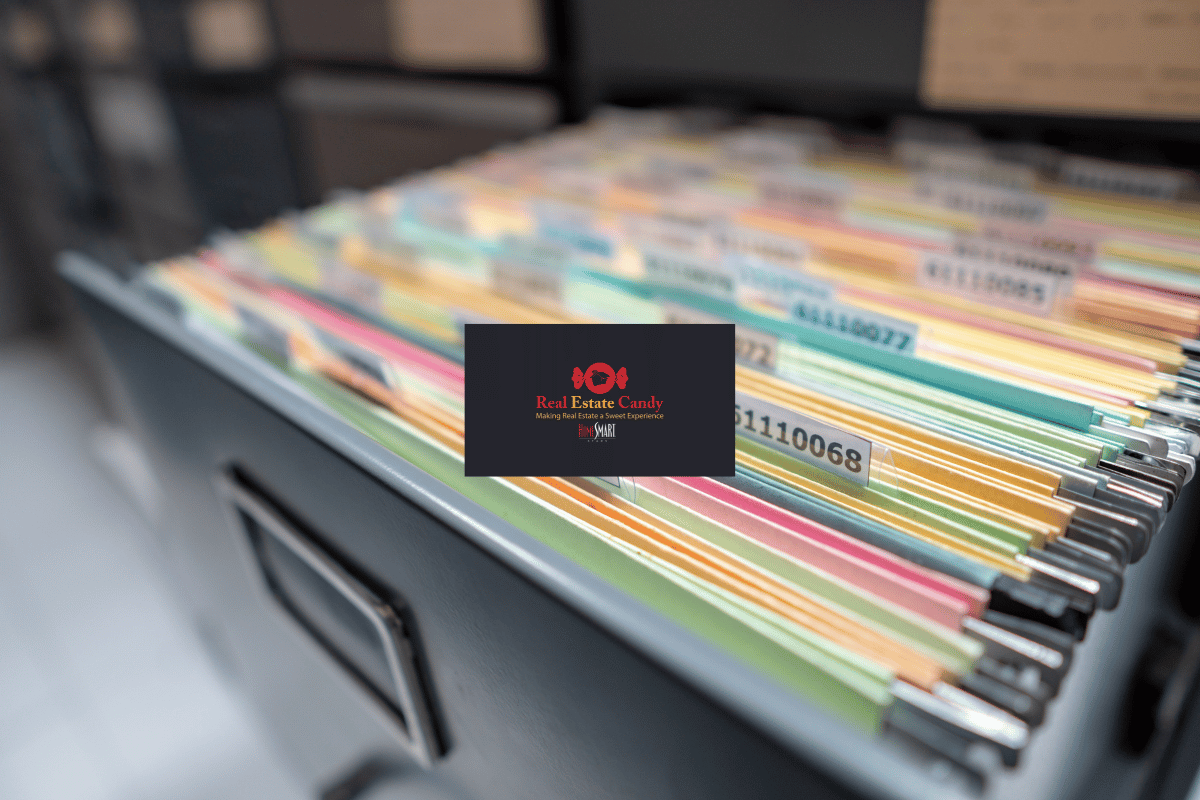When life throws unexpected challenges your way—whether it’s a natural disaster, a sudden move, or a financial emergency—having quick access to your important documents can save you time, money, and stress. As a real estate agent in Carrollton and the greater DFW area, I always encourage my clients to stay organized, not just with their real estate paperwork but with all their critical documents.
Creating an Emergency Preparedness Document Vault can ensure that you and your family are ready for anything. Here’s how to get started.
Step 1: Gather Your Important Documents
Think of all the paperwork that would be difficult to replace if lost. These documents typically fall into several categories:
✅ Personal Identification
- Birth certificates
- Social Security cards
- Passports
- Driver’s licenses
- Marriage certificates/divorce decrees
✅ Financial Records
- Bank account information
- Retirement account statements
- Investment records
- Tax returns (last 3–5 years)
- Mortgage or rental agreements
✅ Property & Insurance Documents
- Deed to your home
- Mortgage payoff information
- Homeowner’s insurance policy
- Auto insurance policy
- Life insurance policy
✅ Medical & Legal Documents
- Health insurance cards
- List of medications and allergies
- Living will or advance directives
- Power of attorney
- Wills and trusts
Step 2: Choose a Storage Method
Once you’ve gathered everything, you need a secure and accessible way to store them. Here are a few options:
🔹 Fireproof & Waterproof Safe – A locked safe in your home protects documents from fire, water damage, and theft. Choose one that is easy to access but secure.
🔹 Bank Safety Deposit Box – A great option for original copies of high-value documents, but keep in mind that access is limited to banking hours.
🔹 Digital Storage – Scan and store digital copies of all documents in a secure cloud service (Google Drive, Dropbox, OneDrive) or an encrypted USB flash drive. This allows quick retrieval from anywhere.
🔹 Emergency Binder – A well-organized binder with labeled sections can be useful for grab-and-go situations. Store it in your safe for extra security.
Step 3: Keep It Updated
Life changes, and so should your document vault. Set a reminder to review and update your records at least once a year or when major life events occur, such as buying a home, getting married, or having children.
Step 4: Tell Trusted Individuals
Make sure a spouse, trusted family member, or executor knows where your emergency documents are stored. If you’re using a digital vault, consider sharing access with a designated person.
Why This Matters in Real Estate
As a real estate agent, I often remind clients that having organized documents makes home buying, selling, and refinancing much smoother. Lenders, title companies, and insurance providers will need many of these documents during real estate transactions. Having them readily available prevents delays and ensures you’re always prepared.
If you’re thinking about buying or selling in the Carrollton or DFW area, staying organized can give you a head start. Need recommendations for local financial planners or insurance providers? I’m happy to help!📞 Let’s talk! If you’re looking for expert real estate guidance, reach out to me today. Let’s make your next move a seamless one!




